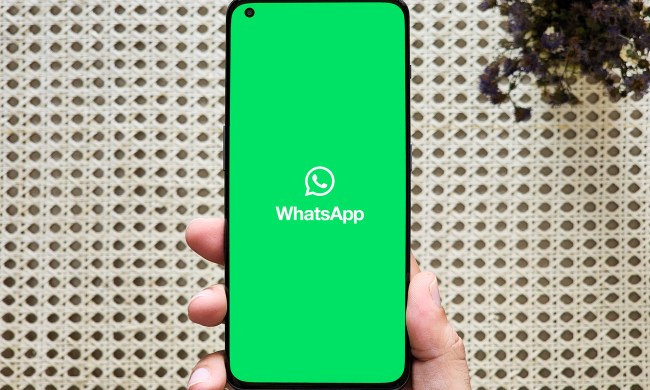
Reactions turn the traditional “like” into a wider variety of emotions represented by emoji icons, including love, haha, wow, angry, and sad. Instead of receiving a notification for a like, the owner of that post, message, or now comment receives a notification on the number of users that “reacted.” For the users who have long been requesting an “unlike” button to interact with something that they don’t “like” at all, it’s a way to interact with a more accurate response, while critics of the feature say it’s unnecessary and fills the platform with too many emojis.
Reactions first rolled out to users in posts only last year, offering a new range of responses to status updates, either text or photo-based. Reactions then moved to Messenger in March, allowing even private chat messages to be tagged with an emoji response. The Messenger feature includes the same reactions along with a yes or a no — in case typing out a yes or no response is too slow.
Now, users have the option to react to comments, like this:

The latest Reaction feature is being offered in response to user feedback, Facebook says. “We’ve heard from people they’d like more ways to show their reaction in conversations on Facebook, so we’re rolling out the ability to react to comments,” a Facebook spokesperson told Mashable.
When the feature first launched, Facebook said it would continue to listen to feedback to refine the reactions, though outside of holiday-themed emojis, the same original five reactions are still in use. While the reactions remain the same, they have migrated from public posts to private messages and back to public comments.
Like most new Facebook features, the comment functionality for Reactions isn’t launching to every user all at once, but users that don’t yet see the feature should notice the change over the next few days.



